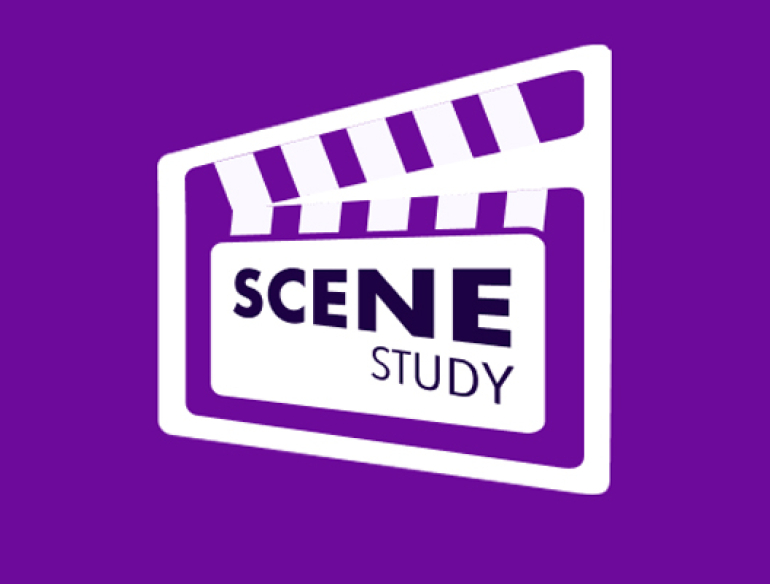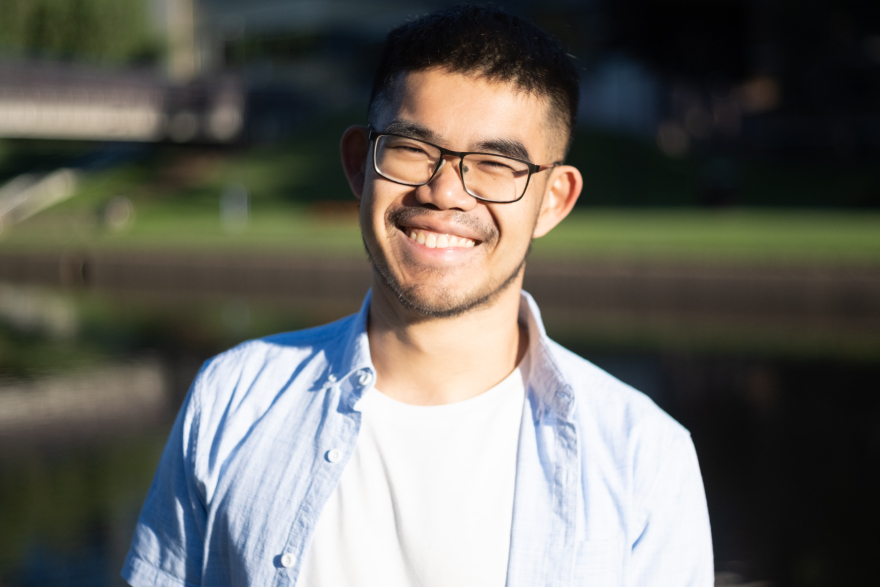The results of this study will help assess the HIV prevention need of GBMSM who are not well connected to other GBMSM or the gay community and understanding the mechanisms through which GBMSM’s social networks affect HIV-related outcomes. This will help guide health promotion and future research into GBMSM who have been left behind in the HIV response in Australia.
Gay community mobilisation has been central in HIV prevention in Australia. However, recent disparities in HIV diagnoses among gay, bisexual, and other men who have sex with men (GBMSM) indicate that some people are being left behind in the HIV response. There is evidence that GBMSM who are well connected are the more likely to be tested for HIV and take pre-exposure prophylaxis (PrEP). The historical role of gay community in HIV prevention may be changing in the current day as societal attitudes towards sexuality continue to evolve.
This study will investigate the role of social connection among GBMSM and their experiences of the gay community. This will identify potential facilitators and barriers to HIV prevention among GBMSM who are not well connected to the gay community. This study will include measures of social connection, gay community involvement, peer communication, and health seeking behaviours.
This is a cross-sectional survey of gay, bisexual, and other men who have sex with men living in Australia.
Centre for Social Research in Health

